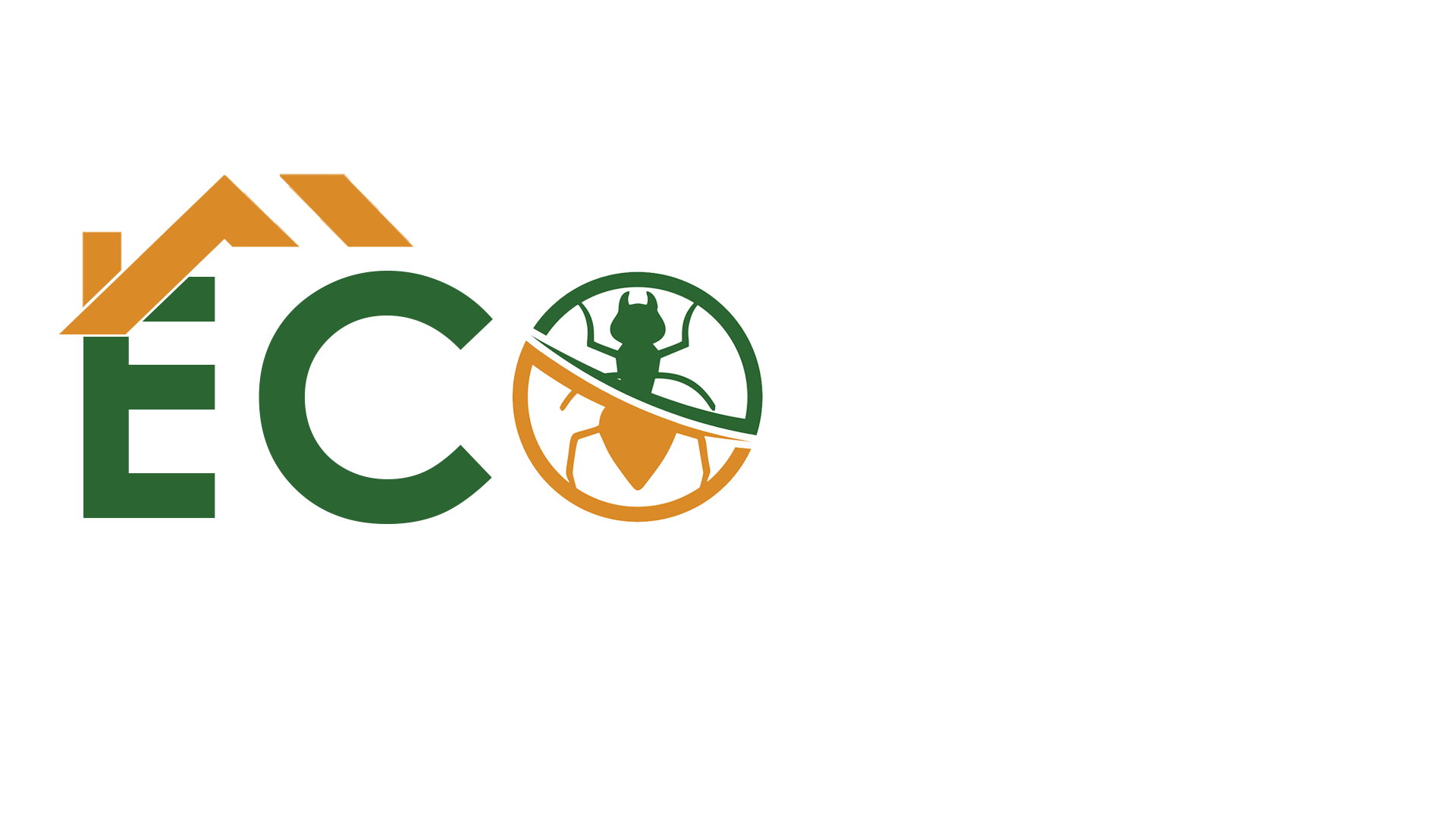Integrated Pest Management (IPM): A Sustainable Approach to Pest Control
Integrated Pest Management (IPM): A Sustainable Approach to Pest Control
In the quest for sustainable and eco-friendly solutions, Integrated Pest Management (IPM) has emerged as a game-changer in the field of pest control. This holistic approach not only effectively manages pest populations but also minimizes the impact on the environment, human health, and non-target species. In this blog post, we’ll delve into what IPM is and why it’s considered a sustainable and responsible approach to pest control.
**1. What is Integrated Pest Management (IPM)?**
IPM is a comprehensive strategy that integrates multiple pest control techniques to prevent and manage pest problems while minimizing the use of chemical pesticides. It is designed to be adaptable, effective, and environmentally friendly.
**2. IPM Principles:**
IPM relies on several core principles to guide its approach:
– **Monitoring:** Regularly assess the pest situation to understand the types of pests present, their population levels, and the damage they cause.
– **Prevention:** Emphasize prevention through practices like good sanitation, proper storage, and sealing entry points to keep pests out.
– **Cultural Practices:** Implement practices that discourage pest infestations, such as crop rotation in agriculture or clutter reduction in homes.
– **Mechanical and Physical Controls:** Use physical barriers like screens, traps, and nets to physically block or remove pests.
– **Biological Controls:** Introduce natural predators, parasites, or pathogens that target specific pests, reducing their numbers naturally.
– **Chemical Controls (as a Last Resort):** Only use chemical pesticides when necessary and as a last resort. Choose environmentally friendly, low-impact options whenever possible.
**3. Reduced Chemical Use:**
One of the key tenets of IPM is the reduction of chemical pesticide use. By focusing on other methods of pest control first, IPM minimizes the need for toxic chemicals. This not only benefits the environment but also reduces the risk of pesticide exposure to humans, pets, and non-target species.
**4. Holistic Approach:**
IPM takes a holistic approach to pest management. Instead of just targeting the pests themselves, it considers the entire ecosystem. By understanding the interactions between pests, their natural predators, and their environment, IPM aims to disrupt the pest’s life cycle and prevent infestations.
**5. Case Studies:**
IPM has been successfully implemented in various settings, from agriculture to urban pest management. For example:
– **Agriculture:** Farmers use IPM techniques to reduce the need for chemical pesticides, resulting in healthier crops and reduced environmental impact.
– **Schools and Homes:** IPM is commonly used in schools and residences to manage pests like ants, rodents, and cockroaches without resorting to chemical sprays.
**6. Getting Started with IPM:**
Implementing IPM may require a change in mindset and practices. Here are some steps to get started:
– **Identify Pests:** Determine the pests you’re dealing with and their behavior.
– **Set Thresholds:** Decide at what point pest populations warrant action.
– **Implement Strategies:** Choose and implement the most appropriate IPM strategies for your situation.
– **Monitor and Evaluate:** Continuously monitor the effectiveness of your IPM program and adjust as needed.
**Conclusion:**
Integrated Pest Management (IPM) represents a sustainable and responsible approach to pest control that aligns with the growing awareness of the need to protect our environment and health. By focusing on prevention, non-chemical methods, and a thorough understanding of pest behavior, IPM offers an effective way to manage pests while minimizing harm to the planet. It’s a win-win solution that benefits both humans and the environment we share.

Leave a Reply